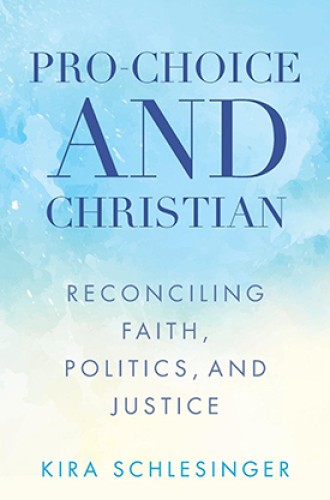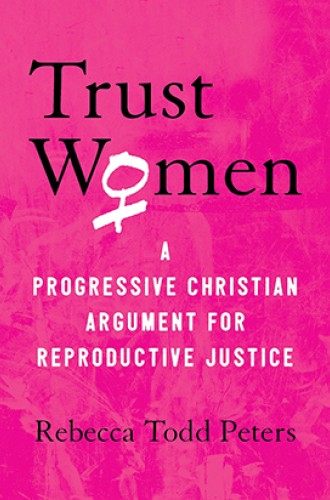Two ways of being Christian and pro-choice
Is abortion only the lesser of evils, or can it be a moral good?
The retirement of Supreme Court justice Anthony Kennedy has revived discussions of a showdown in American political culture that has long been coming over the right of a woman to choose an abortion. Ever since Roe v. Wade allowed women a legal right to abortion (which had been denied them since 1873), the country has floundered in its attempts to discuss what the right to an abortion means. There have been far more accusations than substantive discussions, far more positions entrenched than hearts changed. But two recent books attempt to open up substantive discussion within Christian circles.
Episcopal priest Kira Schlesinger takes what has become, perhaps, the default pro-choice and Christian view: for Christians, abortion must be understood through the broad lens of justice. The focus must be on upholding the conditions for healthy and thriving children, not on policing individual women’s individual choices. Schlesinger argues that if pro-life and pro-choice Christians could agree that abortion should be rare, then they would find much common ground to work toward that end.
Schlesinger’s book is poised at the border between pro-life and pro-choice commitments. She wants dialogue with pro-lifers about the meaning of life and the world that they envision if women are not able to seek abortion. She doesn’t want to claim the word life for her side, nor does she want the word choice to simplify complicated and often painful circumstances. Mostly, she wants people to do the hard work of empathy. “Even if I personally cannot imagine terminating a pregnancy, my experience is only my experience; rather than condemning someone else’s choice, we are called by Christ to have empathy.”







